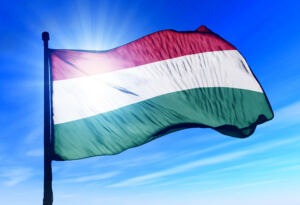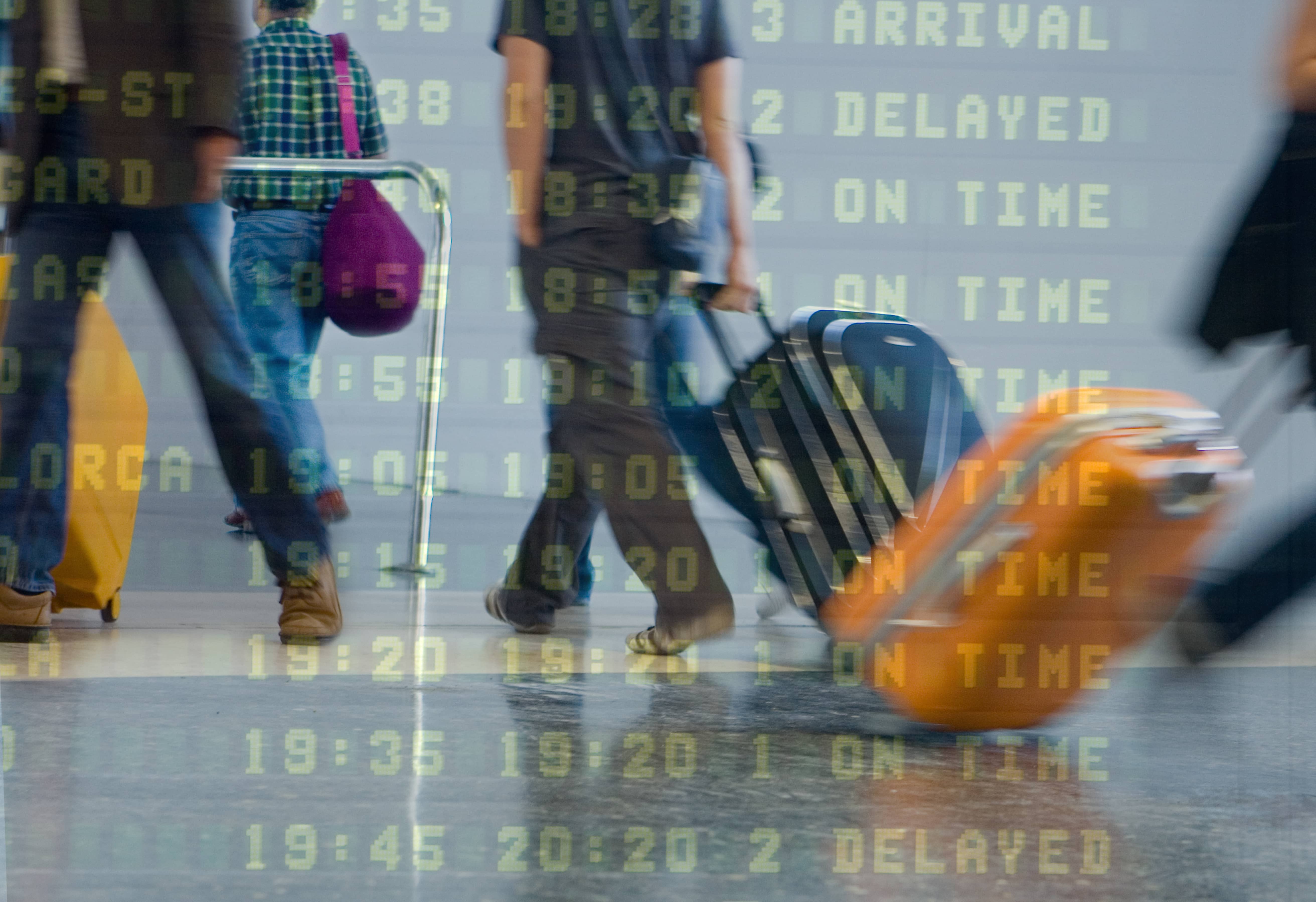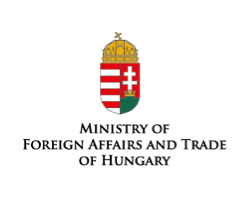
2024-08-13
As a fresh Hungarian Diaspora Scholarship holder, a new chapter will open in your life with the start of the academic year in September. Let us give you an insight and help you get ready for your exciting journey to Hungary!
Last year we have already collected the most important information about the academic year, legal stay, accommodation and health insurance last. In the following article, we wish to give you more insight and share some most-know tips and hacks before your departure to Hungary.
HUNGARIAN CULTURE
Hungary is the place where Eastern Europe meets the West, so you will find yourself in a culturally vibrant and interesting environment. However, if it is your first time in Europe, you might face some differences compared to your traditions regarding social customs and communication. For instance, Hungarians tend to communicate in a more direct and less formal way, which might feel a little impolite first. On the other hand, handshakes are a standard way of greeting and maintaining eye contact is an essential sign of respect.
We encourage you to be open minded and navigate these differences with understanding and sensitivity. Encountering a new culture in Hungary might be overwhelming but it will broaden your perspective.

HUNGARIAN LANGUAGE
The official language of the country is Hungarian, which forms part of the Finno-Ugric language family. Hungarians call their language “Magyar”. Although Hungary is in Central Europe, Hungarian is not related to any of the languages that surround the country. Hungarian is spoken by 10 million people in Hungary, but there are sizable populations of Hungarian speakers outside the country.
In bigger cities (especially in the capital) you are unlikely to face difficulties with finding English speakers. However, it might be possible you must stick to Hungarian while visiting the countryside, going to the doctor’s office, booking a taxi or dining at a restaurant. If you wish to learn the language before your trip or improve your skills, check out our online language course, which was designed to help you mastering Hungarian. Learning and using some local phrases will be extremely well-received by native Hungarians, so don’t worry about making mistakes!
WEATHER IN HUNGARY
For many international students the Hungarian climate can be very different from that of their countries, as Hungary has four different seasons. Whilst summers are warm, winters can be really cold; average temperatures range from -4 °C in January to 26 °C in July. On the other hand, during spring and autumn, the weather tends to be pretty tricky and change from sunny to rainy in the blink of an eye.
Hungary is in the temperate zone and has a relatively dry continental climate. The country is protected from extreme weather conditions by the surrounding mountain ranges, the Alps and the Carpathians.
It’s not always easy to find the right clothes to suit the weather, but the beauty of each season is definitely worth the effort. If you wish to find a reliable source, check out HungaroMet.
UPON ARRIVAL
Most probably, you will arrive by plane to Budapest Liszt Ferenc International Airport (BUD). It is the main airport in Hungary and is located 16 km to the southeast of Budapest. You will have to go through passport control, so make sure to check the applicable regulations on the website of your airline or of the foreign ministry of your country.
To get downtown from Budapest Airport you can choose from several options, such as a transfer service, terravision bus, train or Bus 200E and so on. To check prices and buy tickets click HERE.
It is highly recommended to buy a local SIM card to navigate easier and to avoid overseas fees. You can either pick up a prepaid SIM at the airport, visit the malls for a Yettel/Telekom/Vodafone costumer care shop or order an e-SIM for Hungary in advance.
In most cases you can get by without using cash if you have a Visa or Mastercard or any kind of electronic form of payment. However, we advise you to have some thousands of HUF as petty cash in small denominations (500/1000 HUF banknotes) and a few 100/200 HUF coins. This will definitely make your life easier.

PUBLIC TRANSPORTATION
Hungary has an efficient network of public transport including buses in all cities, trolley buses and trams in bigger cities, metro services plus suburban railway lines called HÉV lines and boat services in Budapest. Since biking is getting more and more popular Hungary offers a great bike-sharing system known as MOL BuBi in Budapest and UniBike in Debrecen.
If you wish to travel to the countryside renting a car is not necessary. You can chose Volánbusz or MÁV the nation-wide coach and train systems which run regularly and are very affordable.
When taking a taxi or an uber, you should definitely avoid hailing unmarked cabs. Instead, you can easily order an uber by phone or an app. In Budapest, licensed taxis appear in distinct yellow. Regarding uber, you can use BOLT and its application.

We hope our tips have helped you getting ready for this exciting journey. We wish you good luck and looking forward seeing you soon in Hungary!






